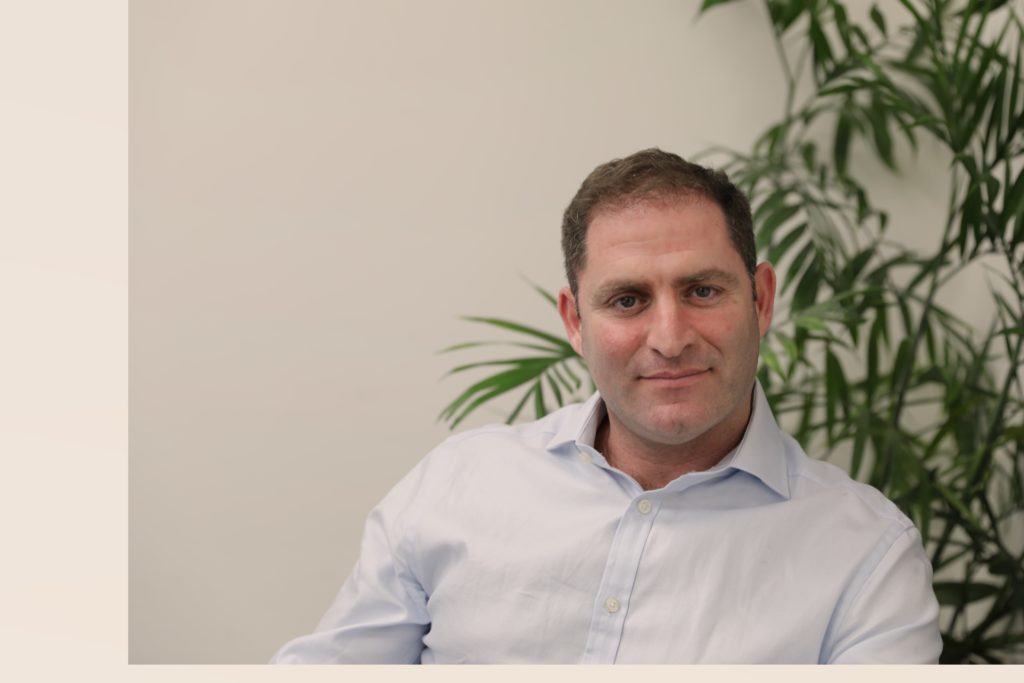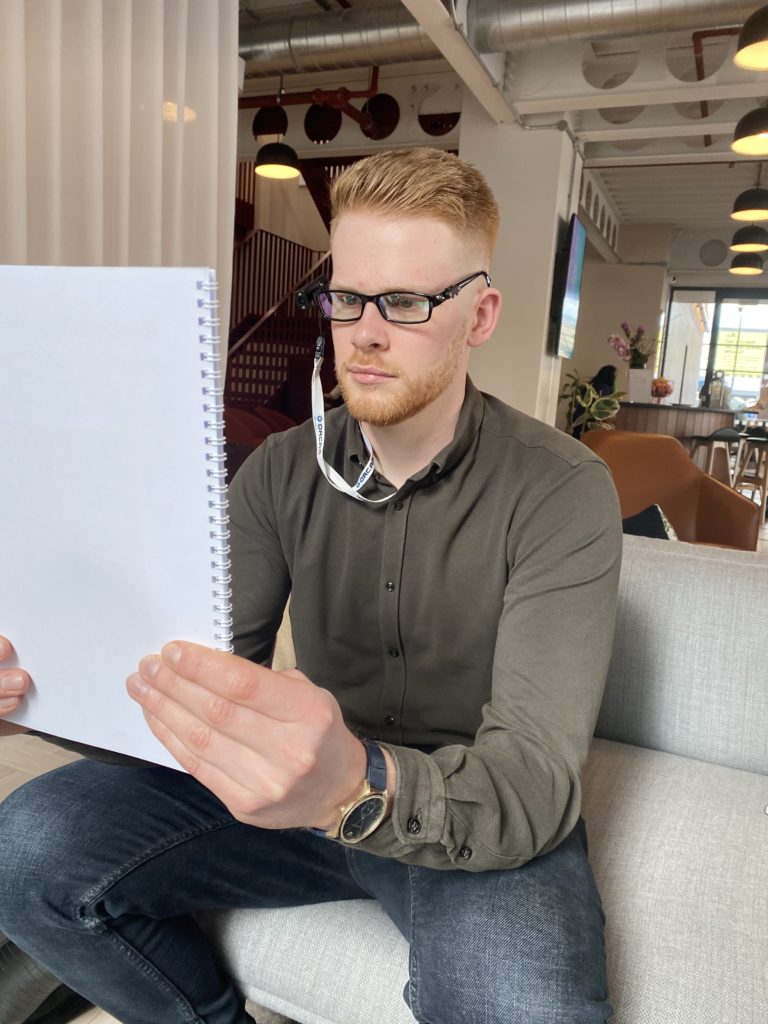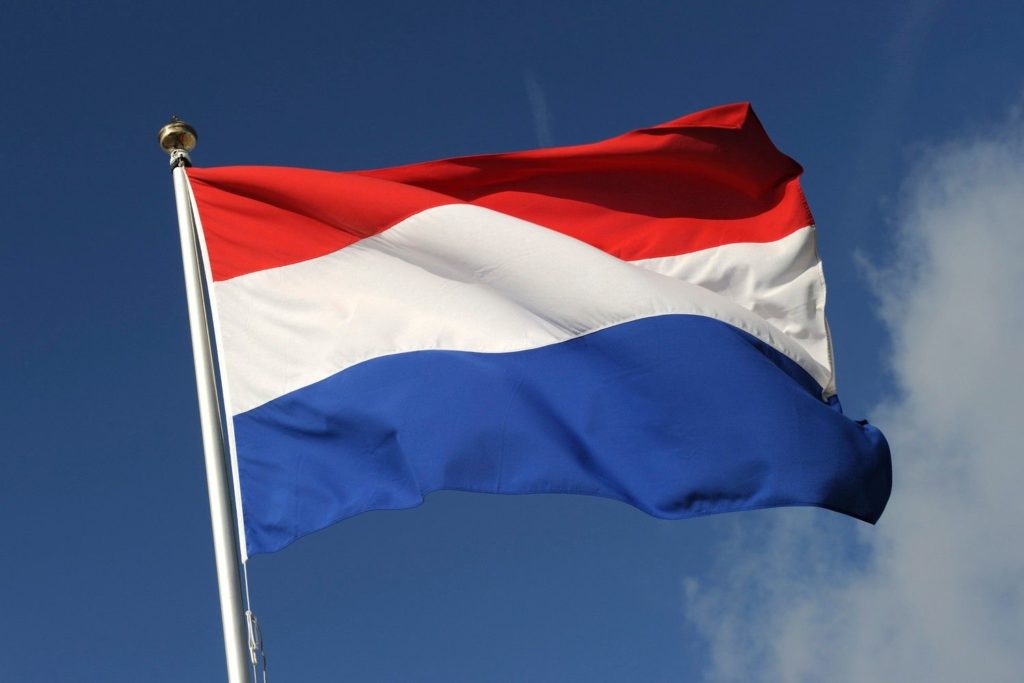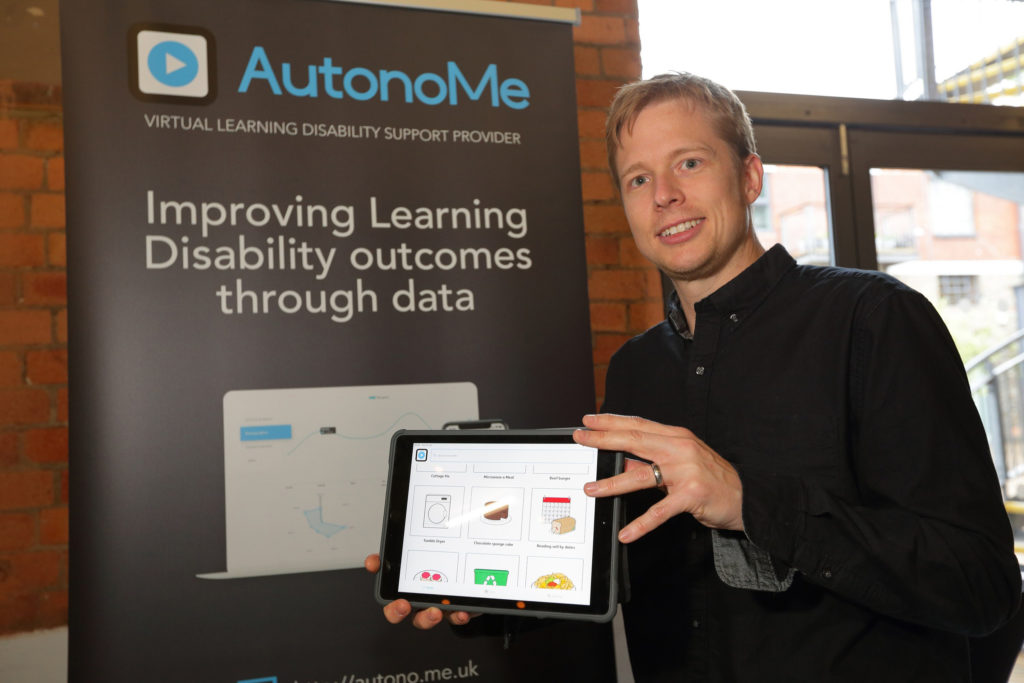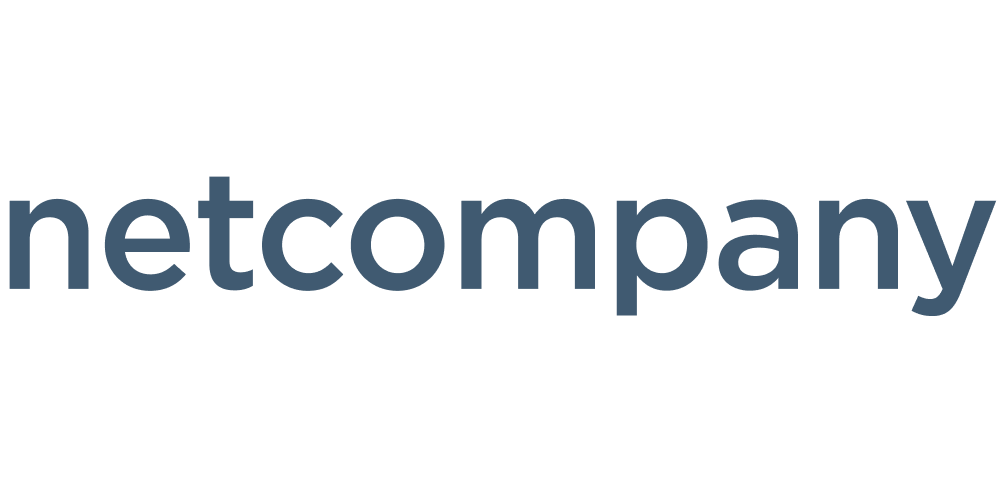Mantis works with OrCam, an Israeli medtech company and one of the world’s 38 healthtech unicorn companies. Our Managing Director Eleanor Willock spoke to Tsachi Moshinsky, OrCam’s UK Director, to find out what this year has been like for him, and whether being part of a unicorn business affects his sales and marketing strategy.
I first met Tsachi almost a year ago. When I say first met, obviously, I’ve never met him. He’s based in Israel and this is 2020. We spoke on video call, a lot, and he engaged Mantis to run his UK PR campaign, working with over 20 agencies worldwide. He’s on my list of people I have never met, yet can’t wait to have a drink with. We have worked as one big, brilliant team, and achieved some incredible results this year.
Where were you in life when you got the job at OrCam?
I’d been in Zurich for 10 years, working across the DACH territory in fintech sales and marketing. The initial conversation at OrCam was for me to head the same territory, but the UK market came up – and I preferred to take a challenge.
“I’d reached a point in life where I needed more motivation to succeed, growing numbers wasn’t enough.”
OrCam provided me with the perfect change of goal, working on truly life-changing tech. I’ve been here 16 months now.
Were you attracted to OrCam because it was already a unicorn?
No, that was far from my thoughts at the time, it wasn’t a factor in my decision at all. In fact, I may not have got the job if that had been my motivation. OrCam’s the first tech unicorn I’ve worked for, but throughout my time here, and before I joined, it was obvious that the company just doesn’t see itself as a unicorn. It sees itself as a provider of incredible inventions that transform people’s lives. We are very, very proud of our ability to do this, and this forms the core of our marketing and communications strategy.
“We’ve never talked about being a unicorn, ever. Our customers don’t care that we are a unicorn, so it would be crazy to act like one, when there are so many other positive things about our work that we can focus on.”
How has working in the UK market been, from an international perspective, working through the pandemic?
I’ll admit, this year has been deeply challenging. I am a hands on type of person, I love to see people’s faces and spend time with colleagues. Our products come to life when you experience them in person, and we love to show them to people so my team has had to innovate. Personally, I’ve delegated and trusted more than ever before, and empowering my team has been my mission.
We’ve realised some incredible results. I’m thrilled with the Leo Messi Ambassador campaign Mantis is running for us, in particular the work around Messi’s #OrCam_DreamTeam. The UK achieved the overall biggest global reach and the highest-impact broadcast coverage of all participating countries. Our trade media presence is growing steadily and OrCam’s UK local press presence has been incredibly effective.
What are your constants at OrCam? Are they specific to the business, or unicorn typical?
I don’t think being a unicorn company changes our day to day activity, or even our marketing and PR. What it does do is give us the flexibility to jump away from failure and create the next success, because we have the resources to do so.
“The only constant at OrCam is change. Plans are made and changed in a week. All our agencies work to a fast pace too.”
However, our tech is for people whose sight loss can make them feel vulnerable, so we operate at an entirely different pace when we work directly with them. A marketing and comms constant at OrCam – which is more specific to us than to our unicorn status – is our need to understand the healthcare provision in all our markets, adapt our strategies and contribute in a meaningful way to empower our device users.
What’s your advice for peers facing similar international challenges to you?
I think regardless of the strength of messaging and strategic control from your HQ, wherever it is in the world, you absolutely have to respect the knowledge and experience of the people driving your market share locally. For a company this size, I think we allow our local teams a lot of creative freedom, and everybody knows our ears our permanently open to new ideas. I’ve always tried to be an active part of ‘both’ teams, rather than a funnel for either.
My best advice is keep your head, and your heart, focused on moving past this pandemic, and focus on your customers in each geography and how their behaviour should drive your strategy. And, lastly, celebrate your successes, as a team, because you earned them!
